Tuesday, February 5
| 10:30 a.m. – 12:30 p.m. | "The Exploration of Mars," Michael Seibert [Don Gallagher], *** Ford 122 *** NOTE CHANGE IN VENUE
|
| 1:30 – 3:30 p.m. | "Frederick Law Olmsted," Priscilla Hibbard [Jinx Brandt], *** Ford 122 *** NOTE CHANGE IN VENUE
Frederick Law Olmsted was born in Hartford, Connecticut, a member of the eighth generation of his family to live in that city. His mother died when he was four, and from the age of seven he received his schooling mostly from ministers in outlying towns, with whom he lived. His father, a successful dry-goods merchant, was a lover of scenery, and much of Olmsted's vacation time was spent with his family on "tours in search of the picturesque" through northern New England and upstate New York. As he was about to enter Yale College in 1837, Olmsted suffered severe sumac poisoning, which weakened his eyes and kept him from the usual course of studies. |
Thursday, February 7
| 10:30 a.m. – 12:30 p.m. | "Evolution of Photography - From Civil War to Drones," Ronald Cooper [Bill Foster], Kaneko Auditorium Ron Cooper will take us through photography, from Brady to now, as he describes and give examples of the rapidly changing photographic paradigm, the sudden and rapidly changing ways of photographing the world around us and what the future may have in store. Ron is a self-taught photographer. He started at the Oregon Statesman in 1969. He has photographed presidents, bull riders, governors, bus drivers and many other people and events. He has continued to pursue his passion for photography since retirement, adopting the new digital format. In recent years he has purchased a photo drone and his "flying cameras" are seen frequently in the skies over Salem and the Mid-Willamette Valley landmarks. |
| 1:30 – 3:30 p.m. | "In Praise of Renaissance F-words: Exploring the Creative Side of Forgery and Falsification in Sixteenth-Century Art ," Professor De Mambro Santos [Bob Muir]", Kaneko Auditorium
While the imitation of previous models, based on the study of well-chosen examples, was still considered an important part in the training process of young artists, more experienced masters were expected, as a sign of their creative maturity, to refrain from mimicking someone else’s visual vocabularies and produce images that could fully embody their distinctive maniera, or “manner,” combined with a certain degree of personal licenza, or “poetic license.” Debates focusing on the concepts of imitation and emulation, along with the publication of treatises describing the practices of copying and borrowing, became recurrent topoi in the art literature between 1562 and 1604. In this same period, the production of market-oriented copies of well-known works and the making of forgeries intentionally designed to fool the eyes of well-trained “art lovers” and collectors reached unprecedented levels of technical mastery, visual sophistication and conceptual novelty. This lecture will examine this intriguing cultural phenomenon, focusing, in particular, on the reception of a series of prints made by Hendrick Goltzius (1558-1617), in which the artist has programmatically pursued what could be called an “intervisual dialogue” with his models, reinterpreting styles and techniques associated with famous masters of the past. By imitating what was supposed to be inimitable, Goltzius plays with the expectations of his audiences, while asserting his manual dexterity and intellectual vitality within the highly competitive art market of late sixteenth-century Europe. Thanks to his “fake forgeries,” Goltzius set a model of creative procedure that presents revealing similarities with the Renaissance paradigm of “conversation”. Professor De Mambro Santos is an expert in Italian and European Renaissance and Mannerism. He has taught for twelve years in the Department of Art History at the University of Rome courses on Renaissance Art Literature and Visual Culture as well as classes on Methodologies of Art Criticism. In the Department of Oriental Studies at the University of Rome, he has also taught courses on the activity of European painters in India, China and Japan from the sixteenth- to the eighteenth-century. More recently, as a Visiting Professor, he taught at the University of Washington and Whitman College classes on Northern Renaissance, Brazilian visual culture, and theories of art from Neoclassicism to Postmodernism. |
Tuesday, February 12
| 10:30 a.m. – 12:30 p.m. | "The U.S. Economy: Performance, Problems, and Policies," Mark Kasoff, Tom Hibbard, Kaneko Auditorium
Monetary and fiscal policy, (including the 2017 Tax Act), will focus on past performance and future prospects. |
| 1:30 – 3:30 p.m. | "Fall risk assessment in older adults: An update on my work to develop a clinical test of rapid stepping performance," Dr. Brandi Lazzarini [Jim McDonald], Kaneko Auditorium
|
Thursday, February 14
| 9:00 – 10:00 a.m. | "Valentine's Day Coffee," Social Services [WUICL], *** Hines-Willson Room in Goudy Commons *** NOTE CHANGE IN VENUE Members with last names starting with M to Z please bring a goodie to share. |
| 10:30 a.m. – 12:30 p.m. | "The Making of The General, Buster Keaton's Masterpiece," Jim Scheppke [Bill Foster], Kaneko Auditorium The General is a 1926 American silent comedy film released by United Artists. It was inspired by the Great Locomotive Chase, a true story of an event that occurred during the American Civil War. The story was adapted from the memoir The Great Locomotive Chase by William Pittenger. The film stars Buster Keaton who co-directed it with Clyde Bruckman. At the time of its initial release, The General, an action-adventure-comedy made toward the end of the silent era, was not well received by critics and audiences. The General has since been reevaluated, and is now often ranked among the greatest American films ever made. |
| 1:30 – 3:30 p.m. | "The French-Indian Families of Champoeg," Franca Hernandez, Kaneko Auditorium
Franca Hernandez has been a member of ICL since the fall of 2012. |
Tuesday, February 19
| 10:30 a.m. – 12:30 p.m. | "Great Decisions: Decoding U.S.-China Trade," Doug Lusk [Jeanette Flaming], Kaneko Auditorium
|
| 1:30 – 3:30 p.m. | "Just Dying: Viewing Social Justice Through Public Health and Patterns of Mortality," Sammy Basu [Anne Bowden], Kaneko Auditorium
Sammy Basu, professor of history and humanities (formerly of politics), hails from northern England, grew up in Canada, received his PhD from Princeton, and has been at Willamette for more than 25 years. His research and teaching interests extend from intellectual history to contemporary ethics and public policy, with special interests in democratic theory, humor, Nazism, Canada, and death (in no particular order). His presentation will draw upon a course he has taught for many years, Death in America, and anticipate his efforts together with other colleagues to establish a new major in public health at Willamette. |
Thursday, February 21
| 10:30 a.m. – 12:30 p.m. | "Surviving Getting a Book Published," Virginia Furtwangler, Ph.D., Professor Emerita, Willamette University [Anne Bowden], Kaneko Auditorium
In the second hour, she will read selections from Keeping Time: a Life of Making Music and happily answer your questions. Virginia Furtwangler returned to the USA in l996 after living in eastern Canada for 25 years. During that time five collections of her short fiction were published. The sixth, Season of Apples, a finalist for the Oregon Book Award, came out after her return to the U.S. in 1996 when she was named first holder of the Hallie Ford Chair of English at Willamette University. Her collection, The Golden Thread, is based on her l3 years as a religious in the Ursuline Order. Subsequent collections mix topics sacred and secular, and her current project—spanning 10 years—is a music-moir charting years of making music, alone or with others, in schools, chapels, living rooms, in multiple forms and states of mind. Her fiction has won numerous prizes and awards including two NEA Fellowships, several Canada Council Awards, and a finalist for The Governor General’s Award for Fiction in Canada. Years of teaching, as a Professor of English Literature and also as Distinguished Visiting Fiction Writer have brought her to U.S. and Canadian universities in locales including New York, Kansas, Idaho, Minnesota, Nova Scotia, New Brunswick, a Canadian maximum security penitentiary, and finally to a happy landing in Salem, Oregon. Her Ph.D. from Cornell is in Modern Literature. |
| 1:30 – 3:30 p.m. | "Symphonies, Sonatas and Songs," Oregon Guitar Quartet: John Mery, Jesse McCann, Mario Diaz, Bryan Johanson [Solveig Holmquist], *** Cone Chapel *** NOTE CHANGE IN VENUE
|
Tuesday, February 26
| 10:30 a.m. – 12:30 p.m. | "Reflections on Serving Those in Power: Two Views," Kristen Grainger, Special Assistant to President Steve Thorsett of Willamette University and Thomas Imeson, NW Natural’s vice president of Public Affairs [Anne Bowden]", Kaneko Auditorium
Kristen Grainger has been the Special Assistant to the President of WU and Acting Chief Communications Officer since returning to WU in 2018. She assists President Thorsett with state and federal affairs. She formerly served as vice president and executive assistant to the president of WU from 2002 to 2015. She was communications director for Gov. Kate Brown from 2015 to 2018. Thomas Imeson has had extensive involvement in Oregon politics and public life, including working in high level jobs for Governors Hatfield, Kitzhaber and Kulongoski. He has worked for the Port of Portland as director of public affairs. His private sector experience includes, in addition to his consulting practice, 11 years with PacifiCorp. He is currently VP for Public Affairs at NW Natural Gas. His civic involvement includes The Nature Conservancy, the Cascade Aids Project, Oregon Land Conservation, and the Oregon Board of Education. He is currently chair of the Oregon Board of Forestry. Imeson received a bachelor's degree from Johns Hopkins University. |
| 1:30 – 3:30 p.m. | "Nationalism Versus Globalism: the New Political Divide," TED talk by Dr. Harari followed by discussion [Dru Johnson], Kaneko Auditorium
|
Thursday, February 28
| 10:30 a.m. – 12:30 p.m. | "Artists and Their Self-Portraits," Sharon Wright and Don Gallagher [Jinx Brandt], Kaneko Auditorium
Sharon has been a member of ICL since September of 1999. Don only arrived on the scene in 2004. |
| 1:30 – 3:30 p.m. | "Philosophical Ideas: Ancient Greek Philosophers," Bob Muir, Kaneko Auditorium
Charts used in the Presentation: Great Ideas of Philosophy charts.pdf |


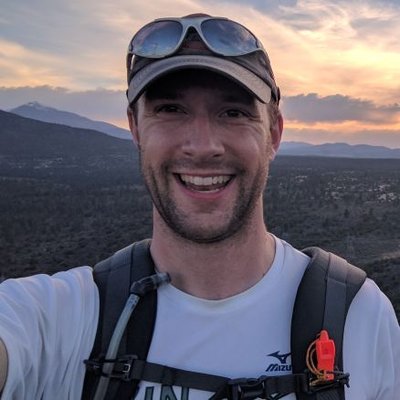 Using the book and film The Martian as a lens, Mike Seibert will discuss the current golden age of robotic Mars exploration as well as the challenges of mounting a human expedition to the red planet. Highlights of the presentation will be tales of challenges faced by the Mars exploration rovers Spirit and Opportunity as their mission surpassed the expected 90 days into over 14 years of roving Mars.
Using the book and film The Martian as a lens, Mike Seibert will discuss the current golden age of robotic Mars exploration as well as the challenges of mounting a human expedition to the red planet. Highlights of the presentation will be tales of challenges faced by the Mars exploration rovers Spirit and Opportunity as their mission surpassed the expected 90 days into over 14 years of roving Mars.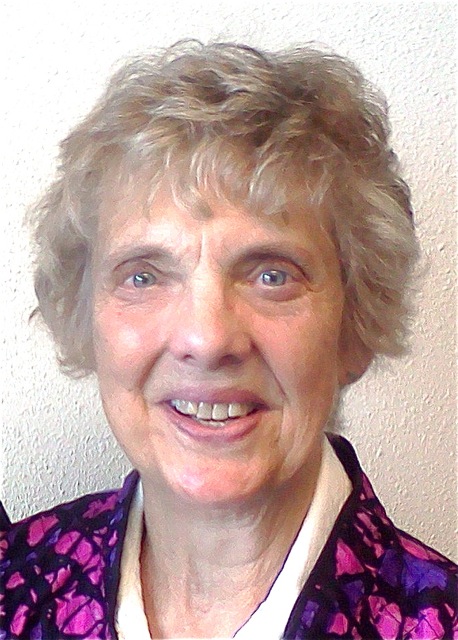 Frederick Law Olmsted was an American landscape architect, journalist, social critic, and public administrator. He is popularly considered to be the father of American landscape architecture. Olmsted was famous for co-designing many well-known urban parks with his senior partner Calvert Vaux, including Central Park in New York City and Cadwalader Park in Trenton. We will view a DVD about Olmsted, followed by a presentation from Priscilla Hibbard.
Frederick Law Olmsted was an American landscape architect, journalist, social critic, and public administrator. He is popularly considered to be the father of American landscape architecture. Olmsted was famous for co-designing many well-known urban parks with his senior partner Calvert Vaux, including Central Park in New York City and Cadwalader Park in Trenton. We will view a DVD about Olmsted, followed by a presentation from Priscilla Hibbard.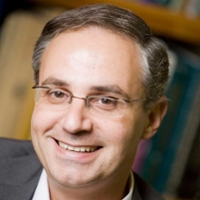 As a direct consequence of the new social status of the artist as an intellectual in early sixteenth-century Italy and the increasingly diffused acknowledgment of the conceptual values of images, authorship became a predominant parameter for the evaluation of paintings, sculptures and engravings. By the time Giorgio Vasari published his Lives (Florence, 1550), the degree of individuality that characterized the style of masters such as Leonardo, Raphael and Michelangelo had already set a new paradigm of artistic accomplishment, focused on the “originality” and “authenticity” of their works. After having reached, according to Vasari, the highest forms of individual perfection, the styles elaborated by these artists were not only immediately recognizable but also virtually impossible to imitate.
As a direct consequence of the new social status of the artist as an intellectual in early sixteenth-century Italy and the increasingly diffused acknowledgment of the conceptual values of images, authorship became a predominant parameter for the evaluation of paintings, sculptures and engravings. By the time Giorgio Vasari published his Lives (Florence, 1550), the degree of individuality that characterized the style of masters such as Leonardo, Raphael and Michelangelo had already set a new paradigm of artistic accomplishment, focused on the “originality” and “authenticity” of their works. After having reached, according to Vasari, the highest forms of individual perfection, the styles elaborated by these artists were not only immediately recognizable but also virtually impossible to imitate. 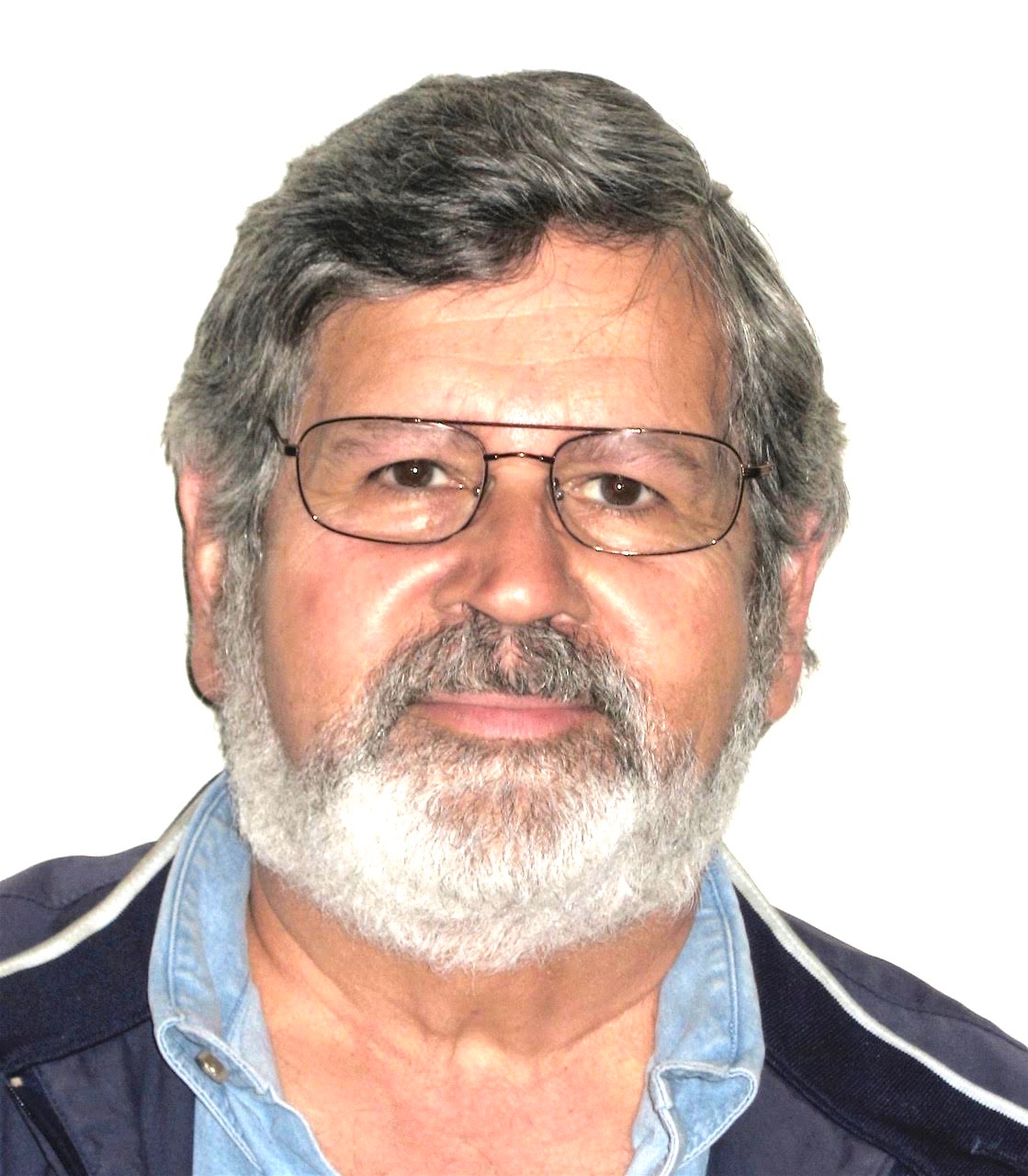
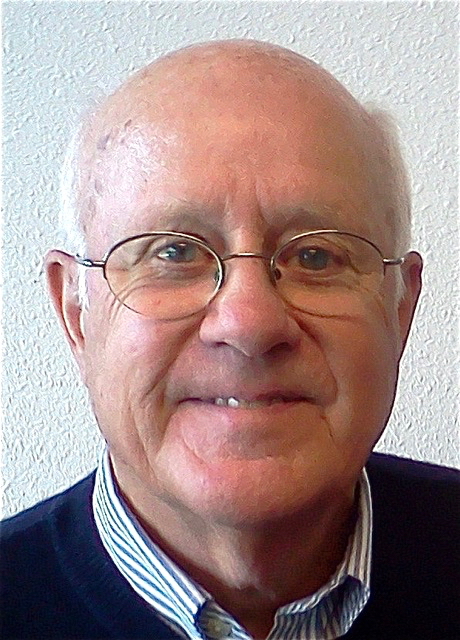 A look at how the economy has performed since the financial collapse and recession of 2007-8, with data presented on the overall economy, unemployment rate, inflation, international trade, and distribution of income and wealth. Problems include current budget deficits and increased levels of federal debt, international trade disputes with China, Canada and Mexico, a slowdown in the global economy, our aging infrastructure, and environmental challenges.
A look at how the economy has performed since the financial collapse and recession of 2007-8, with data presented on the overall economy, unemployment rate, inflation, international trade, and distribution of income and wealth. Problems include current budget deficits and increased levels of federal debt, international trade disputes with China, Canada and Mexico, a slowdown in the global economy, our aging infrastructure, and environmental challenges. 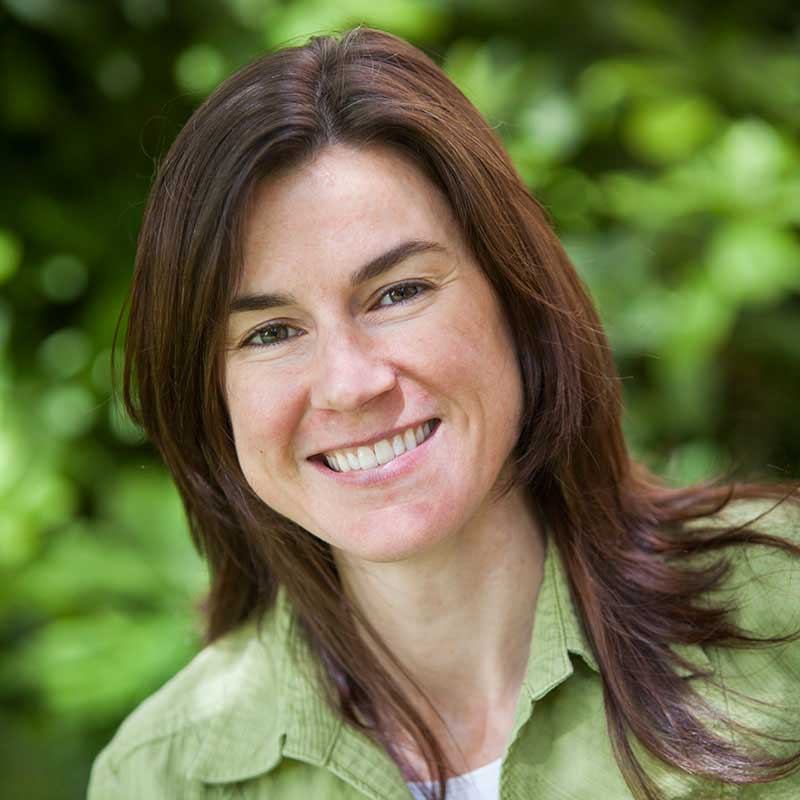 Fall risk increases with aging, and an accelerated decline in physical and mental function can put some people at higher risk of falling at a younger age than others. Fall risk assessments done in clinical settings attempt to screen older adults for the broad variety of health and functional issues that increase the risk of falling. Some useful measurements of fall risk - like the ability to rapidly shift our weight side to side - have not yet been adequately translated to clinical settings, because of the need to use high-tech equipment that is often inaccessible in a clinical setting. Side-to-side movements are common in daily locomotion, even when walking forward, and disruption in the control of these movements has long been understood to signal an increased fall risk. For some years now, I have been working on the development of a low-tech, clinically-feasible test of rapid side-to-side weight shifting control by having participants perform rapid alternating step-tap movements. While I have successfully correlated high-tech measures of side-to-side movement control with performance on a low tech test of rapid stepping performance, I have struggled to improve some aspects of reliability of the test, and my work in this area is on-going. This presentation will illustrate the steps involved in this type of research.
Fall risk increases with aging, and an accelerated decline in physical and mental function can put some people at higher risk of falling at a younger age than others. Fall risk assessments done in clinical settings attempt to screen older adults for the broad variety of health and functional issues that increase the risk of falling. Some useful measurements of fall risk - like the ability to rapidly shift our weight side to side - have not yet been adequately translated to clinical settings, because of the need to use high-tech equipment that is often inaccessible in a clinical setting. Side-to-side movements are common in daily locomotion, even when walking forward, and disruption in the control of these movements has long been understood to signal an increased fall risk. For some years now, I have been working on the development of a low-tech, clinically-feasible test of rapid side-to-side weight shifting control by having participants perform rapid alternating step-tap movements. While I have successfully correlated high-tech measures of side-to-side movement control with performance on a low tech test of rapid stepping performance, I have struggled to improve some aspects of reliability of the test, and my work in this area is on-going. This presentation will illustrate the steps involved in this type of research. 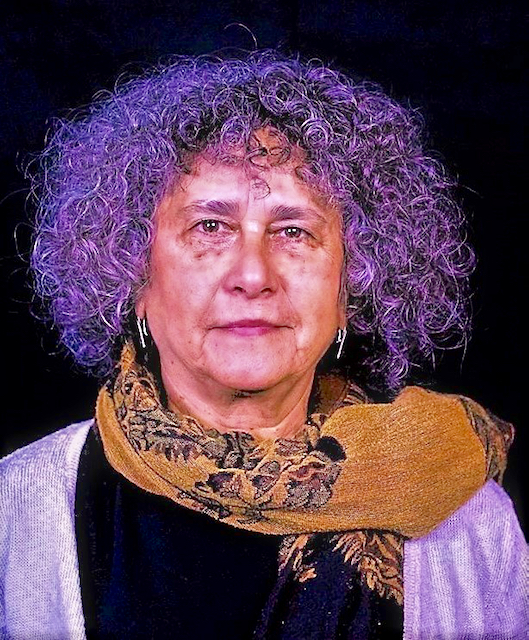 My presentation is largely based on the book At the Hearth of the Mixed Races by Marie Melinda Jetté. The book covers the forty-seven years from 1812, the first documented contact between Kalapuyans and Euro-Americans, to 1859 when Oregon was accepted as a state of the United States of America. The Canadian Quebecois were hired by the early fur traders like John Jacob Astor (Pacific Fur Company) for their fortitude, skill, and adaptability to the adventures of exploiting Pacific Northwest resources. The French-Canadians, or Quebecois or voyageurs forged partnerships and created families with the local Native American and/or Métis women. The women became ideal partners in exploiting the fur trade, negotiating trade deals, and acting as intermediaries between the fur trappers and the Northwest tribes. Many of these fur trappers settled with their families to farm when furs were no longer easy to obtain due to over exploitation. My presentation focuses on the story of the French-Indian families of the Champoeg area, an history that is often passed over or ignored in the greater Euro-American Oregon Country foundation mythology.
My presentation is largely based on the book At the Hearth of the Mixed Races by Marie Melinda Jetté. The book covers the forty-seven years from 1812, the first documented contact between Kalapuyans and Euro-Americans, to 1859 when Oregon was accepted as a state of the United States of America. The Canadian Quebecois were hired by the early fur traders like John Jacob Astor (Pacific Fur Company) for their fortitude, skill, and adaptability to the adventures of exploiting Pacific Northwest resources. The French-Canadians, or Quebecois or voyageurs forged partnerships and created families with the local Native American and/or Métis women. The women became ideal partners in exploiting the fur trade, negotiating trade deals, and acting as intermediaries between the fur trappers and the Northwest tribes. Many of these fur trappers settled with their families to farm when furs were no longer easy to obtain due to over exploitation. My presentation focuses on the story of the French-Indian families of the Champoeg area, an history that is often passed over or ignored in the greater Euro-American Oregon Country foundation mythology.
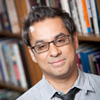 Can public deliberation be post-partisan? Yes, if it is prepared to be empirically-informed, scrupulously attentive to competing falsifiable explanations, and willing to apply explicit ethical principles in consistent ways. In this talk, I propose distributive patterns of mortality as the empirical bases for a public health approach to considerations about the public good. Whose lives seem to matter most in America? Notwithstanding our avowed commitments to freedom and equality there are stark patterns in the US data on death, patterns that implicate various sorts of systemic causal constraints and inequities on life chances. Drawing on the economic, epidemiological, and ethical work of Amartya Sen, Sandro Galea, and Georg Marckmann et al, I will offer some examples of the analyses of specific causes of unjust patterns of deaths and the justifications for public responsibility and interventions.
Can public deliberation be post-partisan? Yes, if it is prepared to be empirically-informed, scrupulously attentive to competing falsifiable explanations, and willing to apply explicit ethical principles in consistent ways. In this talk, I propose distributive patterns of mortality as the empirical bases for a public health approach to considerations about the public good. Whose lives seem to matter most in America? Notwithstanding our avowed commitments to freedom and equality there are stark patterns in the US data on death, patterns that implicate various sorts of systemic causal constraints and inequities on life chances. Drawing on the economic, epidemiological, and ethical work of Amartya Sen, Sandro Galea, and Georg Marckmann et al, I will offer some examples of the analyses of specific causes of unjust patterns of deaths and the justifications for public responsibility and interventions.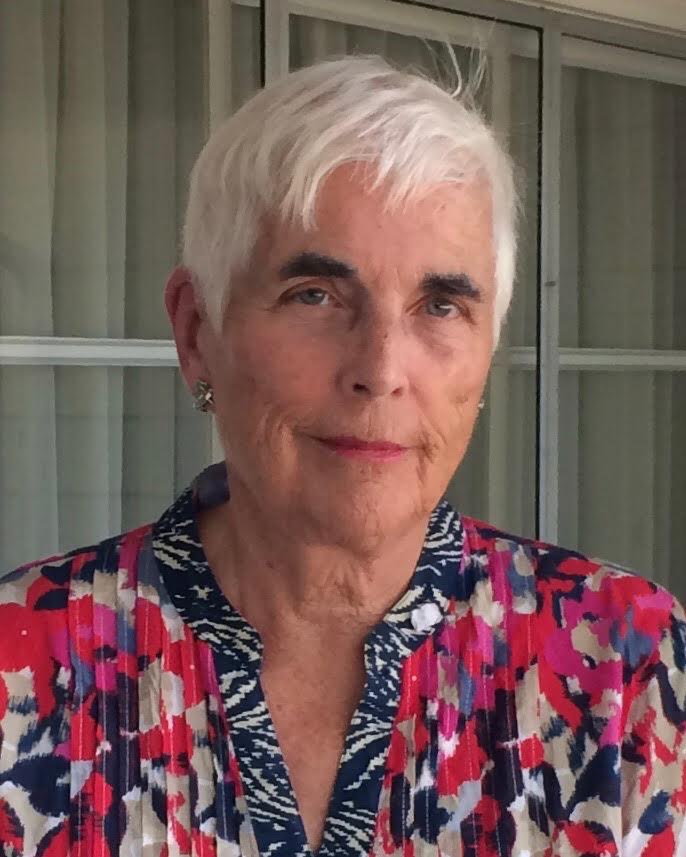 Just because you've already had six books published doesn't mean the seventh will be a cinch, especially if the others were fiction and the new one is a memoir. Not even an ordinary memoir, this one is about making music. The story of Ginny's persistence has comic elements, surprises, long delays, an incompetent editor, moral perplexities and a fairy tale ending.
Just because you've already had six books published doesn't mean the seventh will be a cinch, especially if the others were fiction and the new one is a memoir. Not even an ordinary memoir, this one is about making music. The story of Ginny's persistence has comic elements, surprises, long delays, an incompetent editor, moral perplexities and a fairy tale ending. 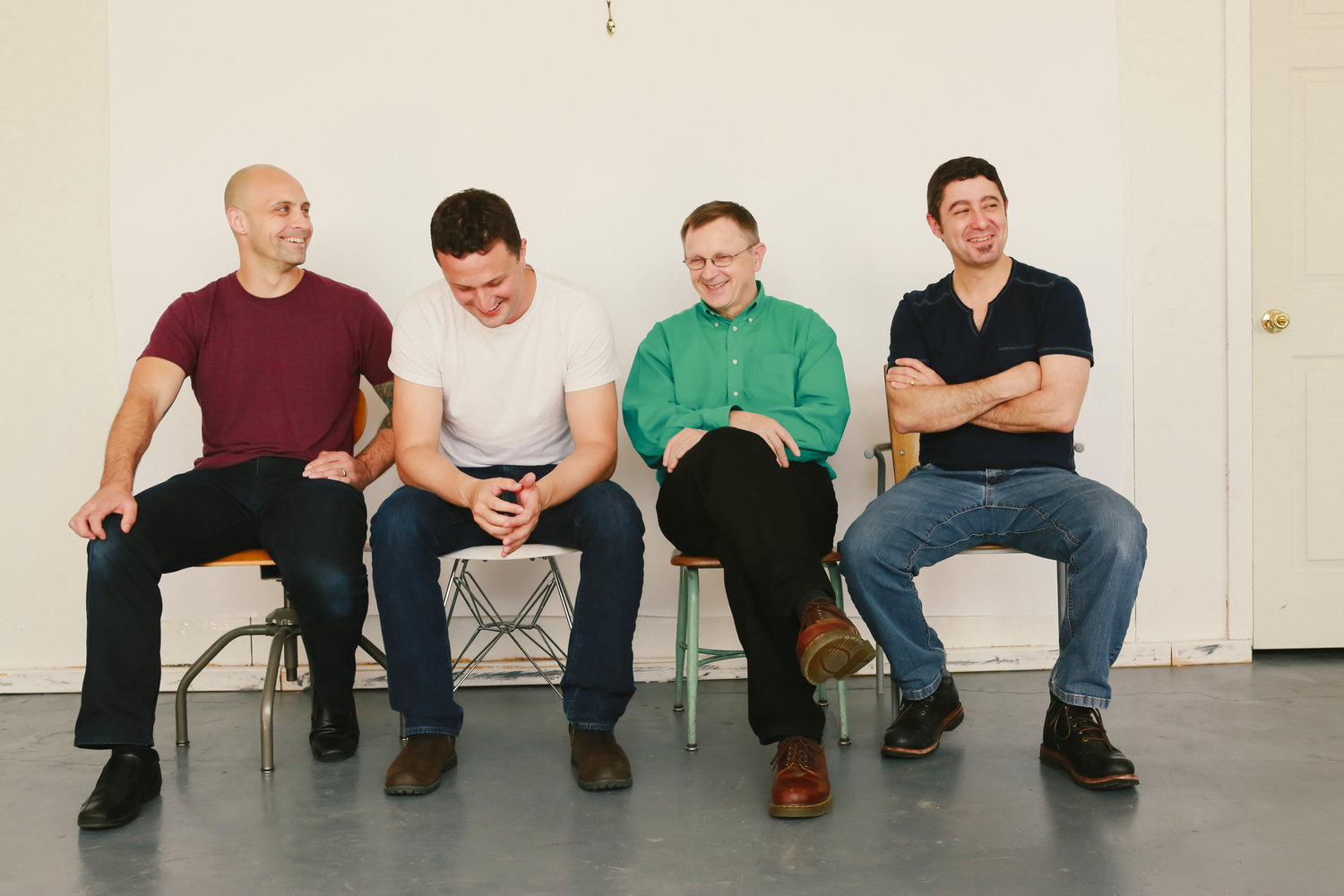 Under the heading of "Symphonies, Sonatas, and Songs", the quartet will present an amazing, virtuosic performance of music representing widely varied styles, genres, and sources. Composers include Italians Antonio Salieri and Domenico Scalatti; Spaniard Sergio Ortega; and our own Richard Rogers. Most of their music is transcribed and arranged by the quartet's own Bryan Johnson, and will also include traditional music from Scotland, Greece, and America. Titles will range from "Sinfonia Veneziana" to "My Funny Valentine". They will of course give helpful background information on each selection. In other words, prepare to be both educated and entertained!
Under the heading of "Symphonies, Sonatas, and Songs", the quartet will present an amazing, virtuosic performance of music representing widely varied styles, genres, and sources. Composers include Italians Antonio Salieri and Domenico Scalatti; Spaniard Sergio Ortega; and our own Richard Rogers. Most of their music is transcribed and arranged by the quartet's own Bryan Johnson, and will also include traditional music from Scotland, Greece, and America. Titles will range from "Sinfonia Veneziana" to "My Funny Valentine". They will of course give helpful background information on each selection. In other words, prepare to be both educated and entertained!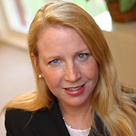
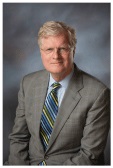 Kristen Grainger spent more than a decade early in her career working in Oregon state politics before crossing State Street to take a leadership position at Willamette University. Nearly 14 years later, she was summoned back to public service during a leadership crisis. Kristen soon discovered that, in the intervening years since she left politics, everything had changed, and absolutely nothing had changed. In 1969, Tom Imeson began working for Senator Mark O. Hatfield on Capitol Hill, launching a public service career that took him from the office of Sen. Hatfield to the administrations of three Oregon governors and many gubernatorial appointments to boards and commissions. Tom reflects on his fifty years serving Oregon and his efforts to work effectively on behalf of the public good regardless of issue or politics.
Kristen Grainger spent more than a decade early in her career working in Oregon state politics before crossing State Street to take a leadership position at Willamette University. Nearly 14 years later, she was summoned back to public service during a leadership crisis. Kristen soon discovered that, in the intervening years since she left politics, everything had changed, and absolutely nothing had changed. In 1969, Tom Imeson began working for Senator Mark O. Hatfield on Capitol Hill, launching a public service career that took him from the office of Sen. Hatfield to the administrations of three Oregon governors and many gubernatorial appointments to boards and commissions. Tom reflects on his fifty years serving Oregon and his efforts to work effectively on behalf of the public good regardless of issue or politics.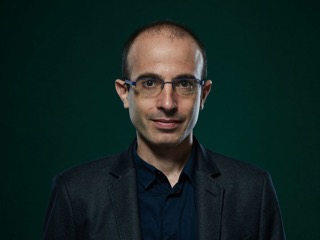 During this two hour presentation, you will become an anthropologist, using your skills in biology, economics, psychology, sociology and philosophy in an analysis of this political divide. The task will be hard. You will be asked to be an unbiased observer of your own culture. This will not be a political discussion; leave your biases at the door. You are a member of the species Homo sapiens. You have achieved your success as a species through cooperation, empathy, and sentience. These are the traits you will use to study this political divide.
During this two hour presentation, you will become an anthropologist, using your skills in biology, economics, psychology, sociology and philosophy in an analysis of this political divide. The task will be hard. You will be asked to be an unbiased observer of your own culture. This will not be a political discussion; leave your biases at the door. You are a member of the species Homo sapiens. You have achieved your success as a species through cooperation, empathy, and sentience. These are the traits you will use to study this political divide.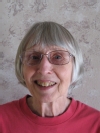
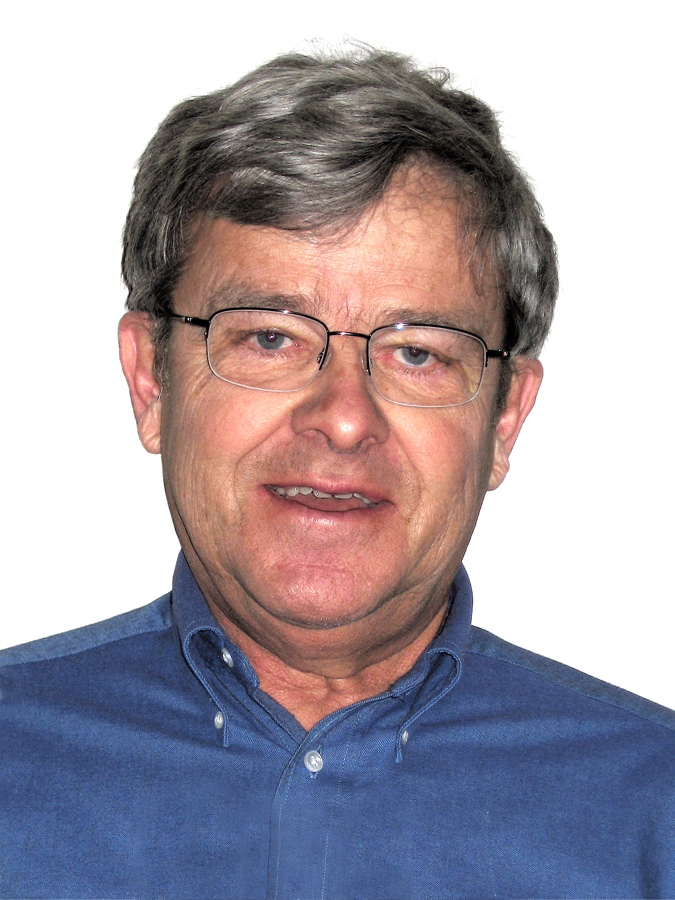 DVD and presentation on artist's self-portraits. How do artists view themselves and how do they want others to see them?
DVD and presentation on artist's self-portraits. How do artists view themselves and how do they want others to see them?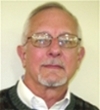 These two presentations will discuss the Sophists, Plato & Socrates and the post-Platonic schools, e.g. Skeptics, Epicureans, Stoics, Cynics, etc.
These two presentations will discuss the Sophists, Plato & Socrates and the post-Platonic schools, e.g. Skeptics, Epicureans, Stoics, Cynics, etc.